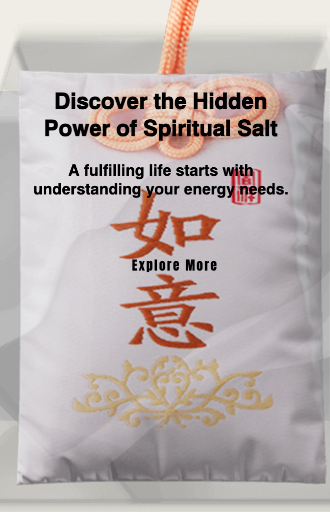
Introduction to Philosophy
Key Takeaways
- Philosophy explores fundamental questions about existence, knowledge, and ethics.
- Key philosophical concepts include ethics, metaphysics, epistemology, and aesthetics.
- Understanding philosophy enhances critical thinking and promotes self-reflection.
- Philosophical principles can be applied to modern life for personal and spiritual growth.
Philosophy, at its core, is the study of fundamental questions pertaining to existence, knowledge, values, reason, and mind. In a modern context, philosophy serves as a guide that encourages individuals to think critically, engage in self-reflection, and cultivate a deeper understanding of the world and their place within it. This article provides an overview of core philosophical concepts and highlights their relevance to modern life.
Key philosophical concepts
Philosophy encompasses a variety of concepts that help articulate fundamental human experiences. Here are some key areas of philosophy:
| Concept | Description | Importance |
|---|---|---|
| Ethics | The study of moral values and rules. | Guides decision-making and personal conduct. |
| Metaphysics | Explores the nature of reality and existence. | Encourages exploration of what it means to exist. |
| Epistemology | The study of knowledge and belief. | Enhances understanding of what constitutes true knowledge. |
| Aesthetics | The study of beauty and art. | Encourages appreciation for artistic expressions. |
Philosophy and mindfulness
Mindfulness practices draw on philosophical traditions to cultivate awareness and presence. Exploring how philosophy interrelates with mindfulness can deepen your practice and foster personal development. For more resources on mindfulness techniques, visit our Mindfulness Techniques category.

Integrating philosophical concepts in daily life
Applying philosophical insights to daily living can transform perspectives and enhance oneâs life experience. Here are some examples of how to integrate philosophical principles:
- Practice ethical living: Make choices aligned with your values and beliefs.
- Reflect on your beliefs: Regularly evaluate and question your perspectives.
- Engage in dialogue: Discuss philosophical ideas with others to broaden understanding.
- Explore art and beauty: Experience and reflect on art to enhance appreciation for aesthetics.
Philosophy in modern spirituality
Modern spirituality often intersects with philosophical ideas, enriching one's spiritual journey. Concepts such as existentialism and humanism contribute profoundly to individual spirituality. To explore more about spiritual growth, check out our Spiritual Growth section.

Philosophical texts for further reading
Many philosophical texts provide foundational insights that are relevant to living a thoughtful life. Here are some recommendations:
- Plato's "The Republic": A fundamental text discussing justice and the ideal state.
- Aristotle's "Nicomachean Ethics": A work on the nature of ethics and how to live a good life.
- Immanuel Kant's "Critique of Pure Reason": Explores the relationship between knowledge and experience.
- Friedrich Nietzsche's "Thus Spoke Zarathustra": A philosophical novel that examines morality, culture, and individual will.
Conclusion
Philosophy, with its deep-rooted concepts and teachings, plays a crucial role in shaping individuals' understanding of themselves and the world around them. By integrating philosophical ideas with mindfulness and modern spirituality, one can foster personal growth and achieve a more meaningful existence. To explore more topics related to philosophy, visit our Philosophical Texts section.
Tips for beginners
- Start by reading introductory texts that offer a broad overview of philosophical ideas.
- Join discussion groups or online forums to engage with others interested in philosophy.
- Reflect on your own beliefs and consider how they align with various philosophical practices.
- Practice mindfulness as you explore philosophical concepts to enhance your understanding.
- Keep a journal to document your reflections and insights as you navigate your philosophical journey.
Pros
- Encourages critical thinking and self-reflection.
- Offers tools for ethical reasoning in daily life.
- Enhances understanding of oneâs spiritual path.
- Provides a framework for discussing complex topics.
Cons
- Can be overly abstract and challenging to grasp for beginners.
- Some philosophical texts may be dense and difficult to read.
- Interpretations of concepts can vary widely, leading to confusion.
- May require significant time commitment to study effectively.











